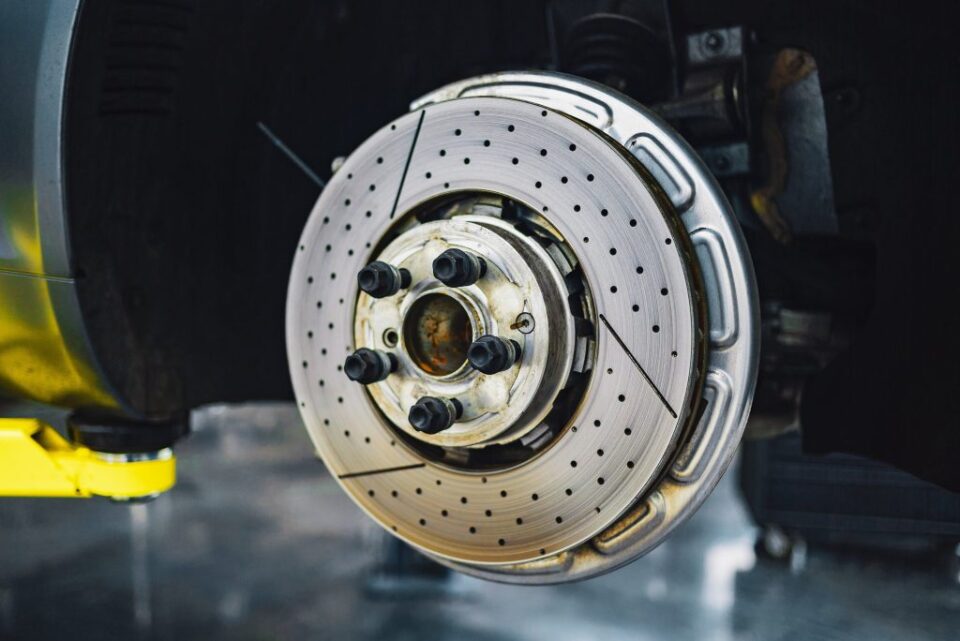Brake rotors are a critical component of your vehicle’s braking system, working in tandem with brake pads to stop your car effectively. These metal discs, attached to your vehicle’s wheels, play a key role in ensuring that your vehicle can slow down and stop safely. Understanding the importance of brake rotors and how they function can help you maintain your vehicle’s braking system and ensure your safety on the road.
Find below some five essential aspects you should know about brake rotors.
Types of brake rotors
There are several types of brake rotors available, each designed to meet different driving needs. The most common types are solid, vented, drilled, and slotted rotors. Solid rotors are typically used in lighter vehicles and provide reliable performance for everyday driving. Vented rotors have internal vanes that help dissipate heat more efficiently, making them ideal for heavier vehicles or those that experience frequent braking. Drilled and slotted rotors offer enhanced cooling and performance, making them suitable for high-performance vehicles or those used in demanding conditions.
Importance of heat dissipation
Brake rotors play a crucial role in dissipating heat generated during braking. Excessive heat can lead to brake fade, reducing the effectiveness of the braking system. Vented, drilled, and slotted rotors are designed to improve airflow and cooling, preventing overheating and ensuring consistent braking performance. Proper heat dissipation is essential for maintaining brake efficiency and preventing rotor warping.
Signs of worn brake rotors
Recognizing the signs of worn brake rotors is important for maintaining safe braking. Common indicators include a pulsating brake pedal, unusual noises when braking, or visible grooves and scoring on the rotor surface. If you notice any of these signs, it’s crucial to have your brake rotors inspected and replaced if necessary to ensure optimal braking performance.
Lifespan and replacement
The lifespan of brake rotors varies depending on driving habits, vehicle type, and rotor material. On average, brake rotors can last between 30,000 to 70,000 miles. Regular inspections and proper maintenance can help extend their lifespan. However, when rotors become too thin or warped, they must be replaced to maintain safe braking.
Brake rotor maintenance
Proper maintenance is key to extending the life of your brake rotors. Regularly inspecting the rotors for wear and ensuring that the brake pads are in good condition can prevent premature rotor damage. Additionally, keeping your braking system clean and free from debris helps maintain the smooth operation of the rotors.
Final words
Brake rotors are a vital part of your vehicle’s braking system, and taking care of them is crucial for your safety on the road.

